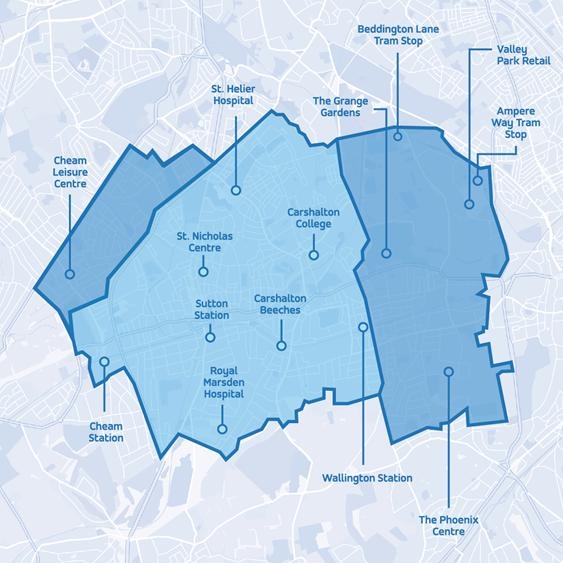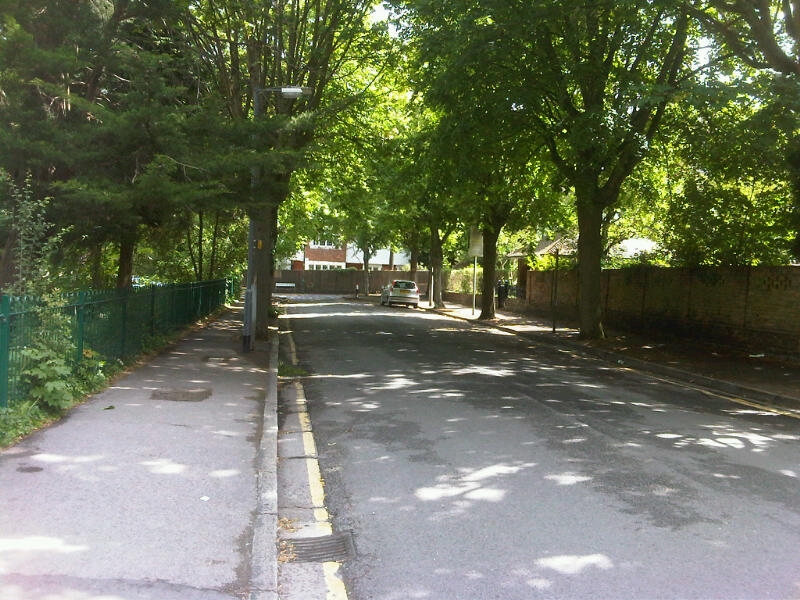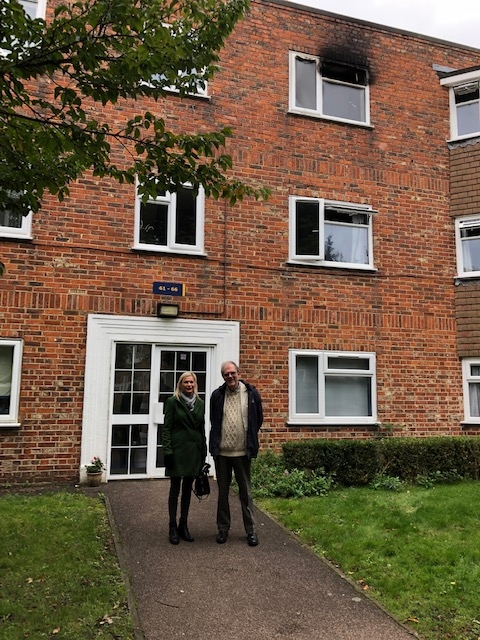On 2 March Sutton Council debated its budget proposals for the next year. The Council has set a responsible budget concentrating its resources on those in greatest need. The background to the debate is that over the last ten years our core central Government funding has been reduced by more than 60% in real terms and we continue to face unprecedented financial pressures.
Trish made a moving speech about the need for additional resources for perinatal services. Here is Richard’s speech:
“I am in my tenth year as a Councillor and I find these annual budget debates in some ways ever more difficult.
But we need to lift our eyes.
It was about seventy years ago that the famous American economist
J.K. Galbraith, a hero of mine, coined the phrase “private affluence and public
squalor”, pointing out that society spends enormous sums of money on some goods
and services while services that are collectively funded by society are
generally kept very short of money, something he ascribed, rightly, to the obsession
of the political right with cutting taxes and reducing the size of the state.
In modern Britain,
we undoubtedly have this phenomenon – made much worse by austerity.
The collectively funded services that in my view society
fails to fund adequately include education, hospitals, social care, social
housing, welfare, help for the homeless, children’s services, libraries, and
support for children with special educational needs. I could go on. And also some
services that those on the political right might also want to spend more money
on, like the welfare of the armed services.
We need more support for public services but we know that
in Tory Britain we will not get it, which makes setting a responsible and well
targeted budget of such great importance.
What stands out from this budget statement is the responsibility
shown.
We are raising revenue, insofar as we can
We are not relying on raiding further our meagre reserves.
We are concentrating spending on the priorities that help
those in most need.
There is a lot of Government rhetoric about at the moment
about ending austerity, but if you look at the actuality of Government policy
and spending commitments it remains overall highly fiscally restricted, with
much made of a boost in what is a limited number of areas.
The reality is that over the last ten years our core central Government funding has been reduced by more than 60% in real terms and we continue to face unprecedented financial pressures as a result of grant reductions, underfunded new burdens from central Government and increased demand for services – due to demographic pressures and the impact of austerity, particularly cuts in welfare support for those in poverty.
While we’re managing with less, more people than ever need
our help – child poverty has grown, more people are using food banks.
About two thirds of our spending is on support to
vulnerable adults and children – including on caring for older people, “looked
after” children, and people with learning and physical disabilities who need
help to live independently.
The way our expenditure is skewed in this way, skewed by
our statutory obligations but also our wish to concentrate spending on those in
greatest need, is something that I think is not widely realised by our
residents, most of whom are of course not consumers of those services.
And it concerns me that if you look at the Council’s risk
statement there are areas where the Council faces difficulty in meeting even its
statutory obligations – including homelessness, provision for those with
Special Educational Needs, Homecare services, and support for child asylum
seekers.
But we are an authority pursuing highly responsible
policies to keep our head above water and maintaining the absolute priority
policies that help the most vulnerable
So my feeling is we can be proud of this budget is – the
themes being
1 there are major problems to be tackled
2 there is a very responsible approach and
3 there are policies to support those in greatest need.”









